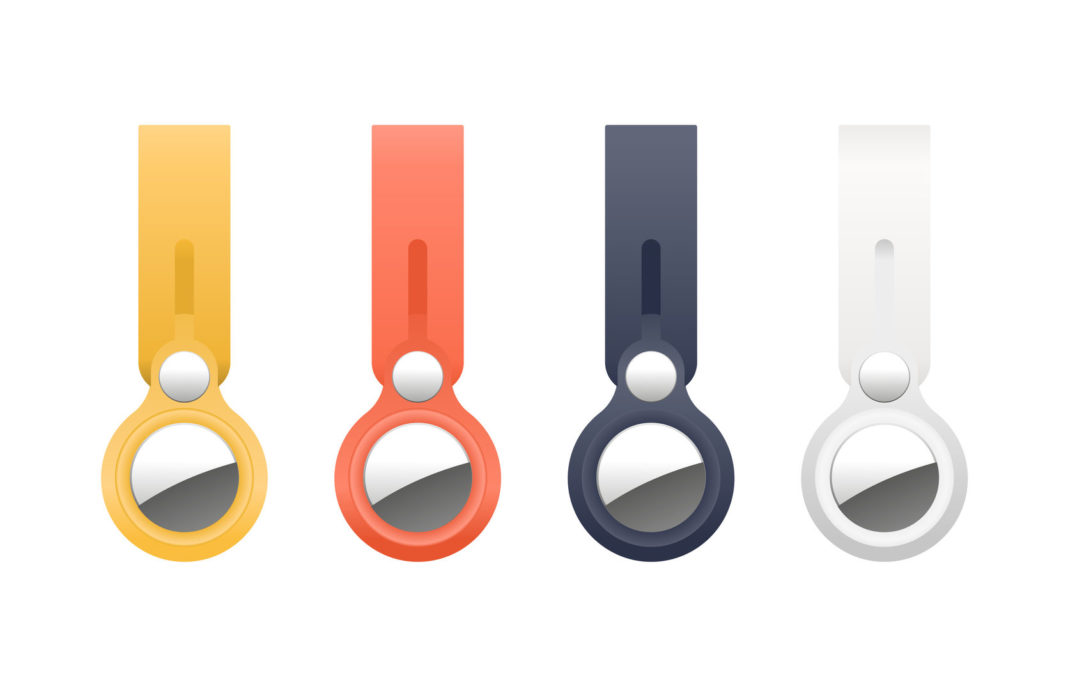Apple released the AirTag less than a year ago, which marked their first foray into trackable tech. The light, coin-sized gadget that helps you find easily lost items like keys or a wallet was a slam dunk for Apple.
Unfortunately, the same technology that makes the AirTag convenient for finding lost or stolen objects makes them a killer app for cyberstalking. Small, easily concealed devices are ideal for being able to track a person’s every move, with or without their consent.
The misuse of AirTags for cyberstalking isn’t just theoretical. Since their release, multiple people have shared stories on social media of finding AirTags in purses or on their cars without knowing the identity of the person who placed them there. The intent isn’t limited to stalking. Canadian police issued a warning about AirTags places on high-end cars facilitating theft when they’re parked in less trafficked locations.
While the AirTag isn’t the only product that supports remote tracking, its integration with the wider range of Apple devices means that it more easily provides instant and highly accurate location data. Both AirTag and Tile, its primary competitor, work via Bluetooth technology piggybacking on the Wi-Fi or cellular data of nearby devices. Unlike Tile, however, Apple devices are ubiquitous.
“You may go all day without coming within Bluetooth range (approximately 30 feet) of a Tile user, but try getting through the day without coming within 30 feet of an iPhone or iPad. Tile measures its users in the tens of thousands. Apple has more than a billion,” wrote Eva Galperin, director of cybersecurity at the Electronic Frontier Foundation. “Apple has conscripted nearly every iOS device into its global tracking network by default.”
Apple has added certain safeguards to prevent stalking and unwanted tracking. AirTags are set to emit a chirping noise between 8 and 24 hours after being separated from their owner, at a 60-decibel tone, roughly the same volume as an air conditioner or the background noise of an office. Owners of newer models of iOS devices will also receive a notification that an AirTag is nearby, and once the device is discovered, they can tap it with their iPhone to see the device’s serial number. Apple also released an Android app to help detect AirTags with non-iOS devices.
There are problems. A 60 decibel noise may be noticeable if it’s coming from a purse or wallet, but it can be drowned out by the noise of a car, or on a busy street. The 8 to 24 hour period before chirping is all an abusive partner would need in many cases to stalk their spouse.
Typical of Apple, you need to own a newer iOs device to detect the AirTag, which means the majority of users out there may not be able to enjoy the same safeguards as early adopters.
As for Apple’s Android app, the app itself needs to have a phone physically in contact with the AirTag to “detect” it, and customer reviews have been mostly negative on the Google Play store, citing limited functionality and buggy performance.
“This is a half-baked solution to a full fledged problem. You have to manually scan for the airtag. It is not my responsibility to look for airtags [sic] that might be tracking me,” wrote one reviewer.
In addition to the ethical questions around a mass-market tracking device, it is curious that Apple didn’t anticipate the potential of misuse for AirTags. Virtually every seemingly benign new technology in recent history has been used to nefarious ends: Social media networks have been leveraged to spread misinformation and incite genocide, email attachments are the primary driver for malware and ransomware attacks. The list is only limited by the criminal imagination. It seems like a failure on Apple’s part that an unobtrusive tracking device would not be used in service of stalking.
One in six women have experienced stalking in their lifetime. Apple should have known better, and created more tangible safeguards before releasing the AirTag. Worst-case scenarios should be considered more in new technology development. In the meantime, the AirTag has given us one more thing to worry about in the realm of things cyber.










